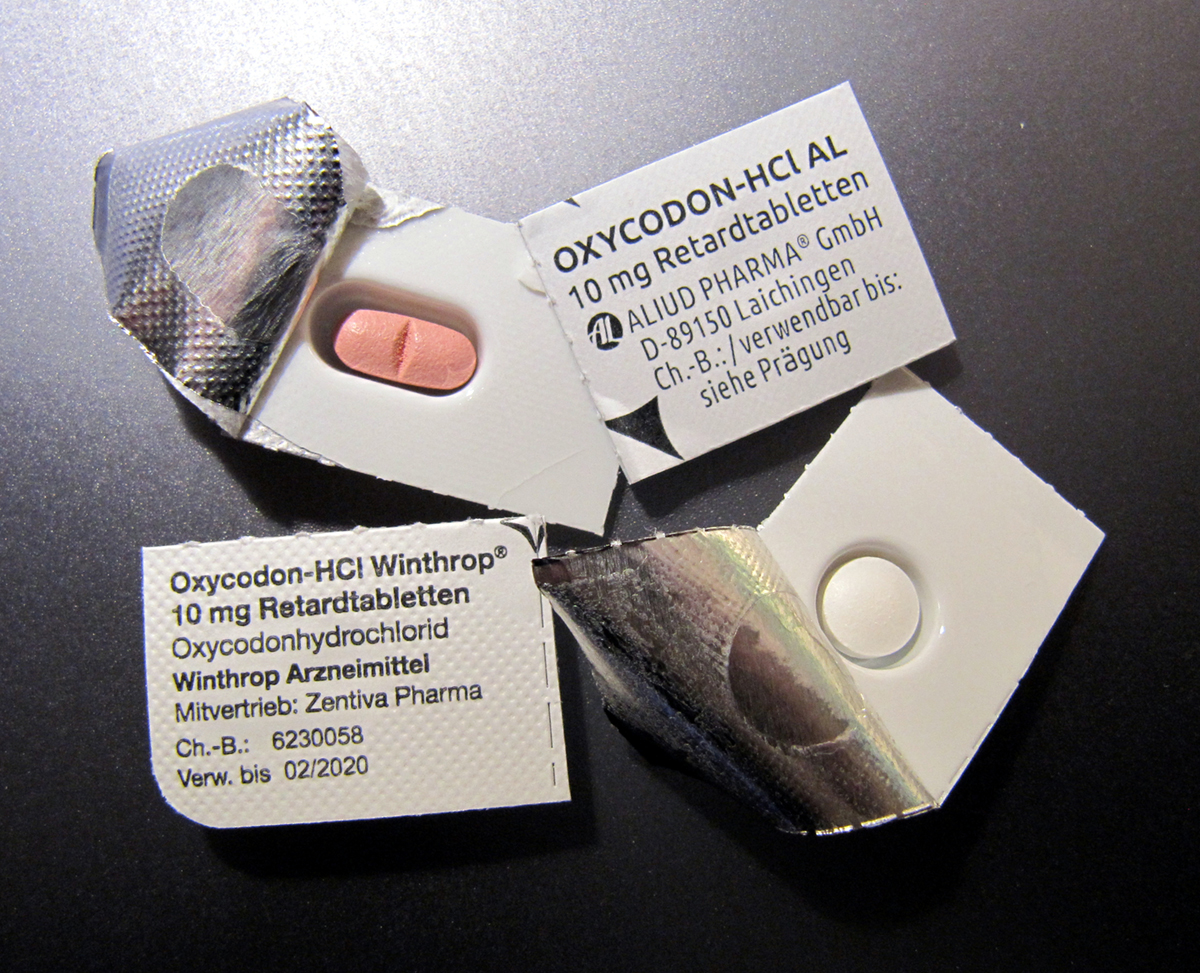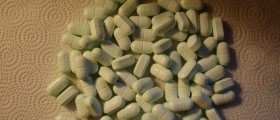
Oxycodone and hydrocodone are medications used as pain killers. Both of these drugs belong to the group of narcotic or opioid medications. In the chemical sense, oxycodone and hydrocodone are similar to morphine, which means that their side effects and interactions with other medications are also very alike. These drugs are classified as controlled substances because of the potential abuse, due to the the effects given and relative inexpensiveness.
Differences between Oxycodone and Hydrocodone
Comparing the two medications, doctors agree that oxycodone can relieve some stronger pains. It can be sold individually, or combined with some other pain medications. However, since every individual reacts differently to every medication, some people might experience that hydrocodone works better for their pain. Hydrocodone can be bought in combination with other pain killer drugs. Comparing the strength of the drugs, doctors will prescribe hydrocodone for mild to moderate pains and oxycodone for moderate and in some cases severe pains.
Oxycodone drugs havea greater abuse potential that hydrocodone, and because of that fact these substances are classified as Schedule III (hydrocodone) and Schedule II (oxycodone) controlled substances.
If you are using these medications, you should know that an oxycodone prescription can’t be refilled and hydrocodone can. Your doctor might have to call the pharmacy or send a fax to enable a new refill of hydrocodone for you.
Adverse Effects
Side effects for these two medications are also different, even though both of the drugs have the same mechanism of action. People using hydrocodone might experience: calmness, headaches, drowsiness and dizziness, and in some cases seizures and bradycardia. Hydrocodone overdose may lead to itching of the limbs, stomach problems and yellowing of the skin.
Oxycodone patients have been frequently complaining about: nausea, headaches, sweating, constipation and tiredness. Some of the patients experienced dry mouth, vision problems, weakness, sleepiness and drowsiness, and in rare cases this drug can cause diarrhea, dyspepsia, and anxiety or euphoria.
Withdrawal Symptoms
Both of these drugs are highly addictive and people must closely follow their doctor’s prescription and recommendation when using them. if you experience any of the symptoms explained later or you even think you might be developing addiction to the drug you have been using, consult your doctor and ask for the advice.
Hydrocodone withdrawal effects might be: craving for the medication, irritability, sleeping problems, yawning, diarrhea and some muscle aches and pains.
Oxycodone can also provoke certain effects after the use of the drug, including: loss of appetite, vomiting, abdominal cramps, increased sweating, body chills and goose bumps. Patients also reported sleeping difficulties, increased anxiety and paranoid ideas.
















Your thoughts on this
Loading...